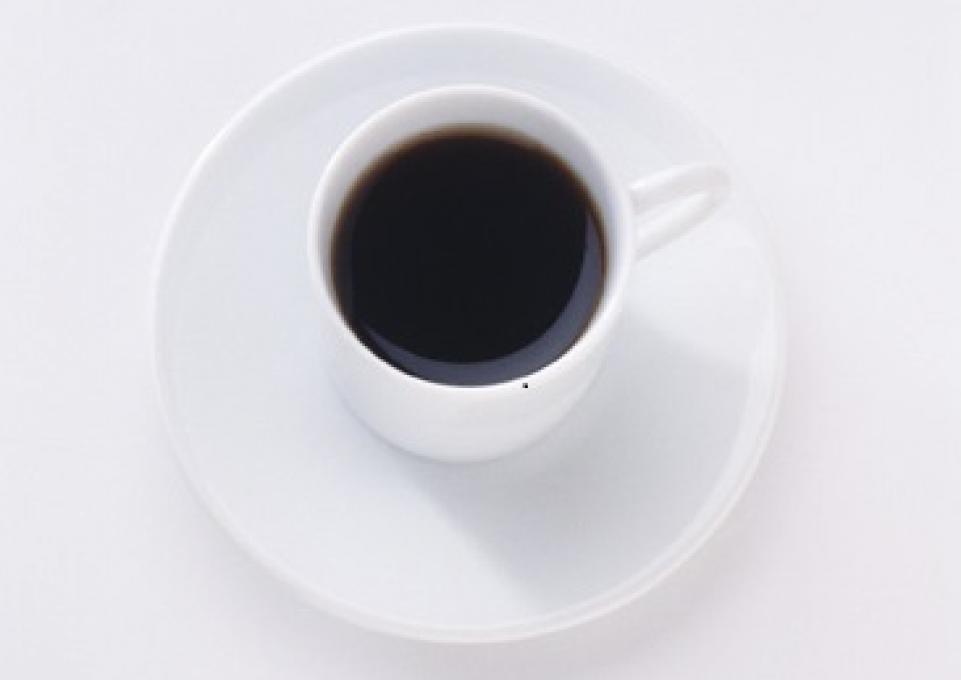
A pair of national science news stories about the effects of caffeine on weight loss featured a study conducted by two Buffalo State Health, Nutrition, and Dietetics faculty members: Carol DeNysschen, professor and chair, and Leah Panek-Shirley, assistant professor.
The study, “Caffeine Transiently Affects Food Intake at Breakfast,” was published in July in the Journal of the Academy of Nutrition and Dietetics and cited in a Newsweek article, “Does Coffee Help You Lose Weight? Small Study Offers New Insight.”
Results found that caffeine consumption did not have an impact on participants’ appetites over the course of a day. While participants who had a small amount of caffeine ate 10 percent less of their breakfast, the result did not persist throughout the day, leading the researchers to conclude that caffeine is not an effective appetite suppressant and weight-loss aid.
DeNysschen told Yasemin Saplakoglu of Livescience.com, that the study “reinforces the importance of good-eating habits and not relying on unsupported weight-loss aids or unhealthy practices.”
In a statement on the study, Panek-Shirley added, “Previous research has speculated that caffeine speeds metabolism or affects brain chemicals that suppress appetite. In addition, epidemiological evidence suggests that regular caffeine consumers have a lower body mass index (BMI) than non-consumers. The purpose of our study was to determine whether caffeine can in fact be linked to reduced food intake or suppressed appetite, and if the results vary by BMI.”
